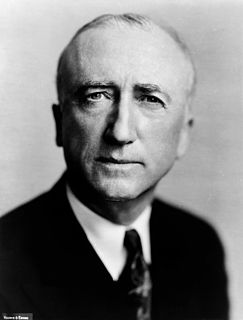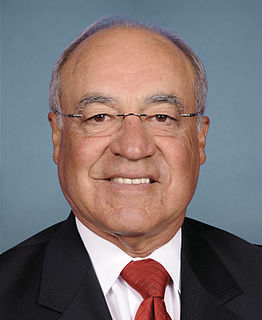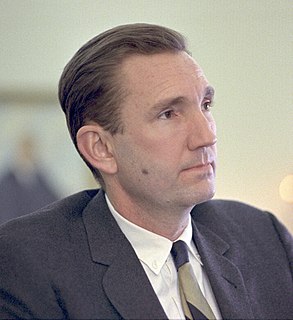A Quote by Frank Gaffney
History demonstrates that previous military drawdowns invited aggression by our enemies. After World War I, America drew down forces until the U.S. Army had fewer than 100,000 men in uniform. That weakness invited Nazi aggression in Europe and the imperial Japanese attack at Pearl Harbor.
Related Quotes
I think the important thing to remember about the Japanese internment is the situation. We had been attacked. Maybe Roosevelt expected it - I rather think he did. I don't think he expected an attack on Pearl Harbor. I think he expected an attack on Southeast Asia. But we were attacked at Pearl Harbor
More than an end to war, we want an end to the beginnings of all wars. Yes, an end to this brutal, inhuman and thoroughly impractical method of settling the differences between Governments. The once powerful malignant Nazi state is crumbling; the Japanese warlords are receiving in their homelands the retribution for which they asked when they attacked Pearl Harbor. But the mere conquest of our enemies is not enough; we must go on to do all in our power to conquer the doubts and the fears, the ignorance and the greed, which made this horror possible.





































